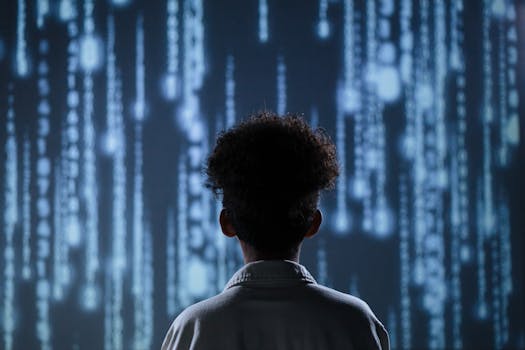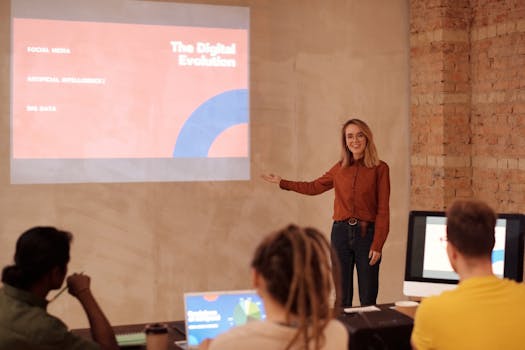
The Future of Education: What 2025 Holds
Introduction to the Future of Education

The Future of Education: What 2025 Holds, The future of education is rapidly changing with advancements in technology and innovation. In 2025, we can expect to see significant transformations in the way we learn and teach. The integration of artificial intelligence, virtual reality, and the Internet of Things (IoT) will revolutionize the education sector, making it more accessible, personalized, and effective.
Personalized Learning

One of the most significant trends in education for 2025 is personalized learning. With the help of AI and machine learning, educators will be able to tailor their teaching methods to individual students’ needs, abilities, and learning styles. This will enable students to learn at their own pace, exploring topics in-depth and developing a deeper understanding of the subject matter.
Virtual and Augmented Reality

Virtual and augmented reality technologies will become increasingly prevalent in educational settings by 2025. These technologies will enable students to immerse themselves in interactive, 3D environments, making complex concepts more engaging and easier to understand. Virtual field trips, virtual labs, and augmented reality experiences will become the norm, providing students with hands-on, experiential learning opportunities.
Online and Remote Learning

The COVID-19 pandemic has accelerated the adoption of online and remote learning, and this trend is expected to continue in 2025. With the advancement of digital technologies, online learning platforms will become more sophisticated, offering high-quality, interactive courses and degree programs. This will enable students to access education from anywhere in the world, at any time, and on any device.
Skills Training and Development

In 2025, there will be a greater emphasis on skills training and development, as the job market continues to evolve. Educators will focus on teaching students the skills they need to succeed in the workforce, such as critical thinking, problem-solving, communication, and collaboration. This will involve incorporating emerging technologies, such as AI, blockchain, and cybersecurity, into curricula and training programs.
Conclusion

In conclusion, the future of education in 2025 will be shaped by technological advancements, innovation, and a focus on personalized learning. As we look to the future, it is essential to ensure that our education systems are adaptable, resilient, and equipped to meet the changing needs of students, educators, and the workforce.



